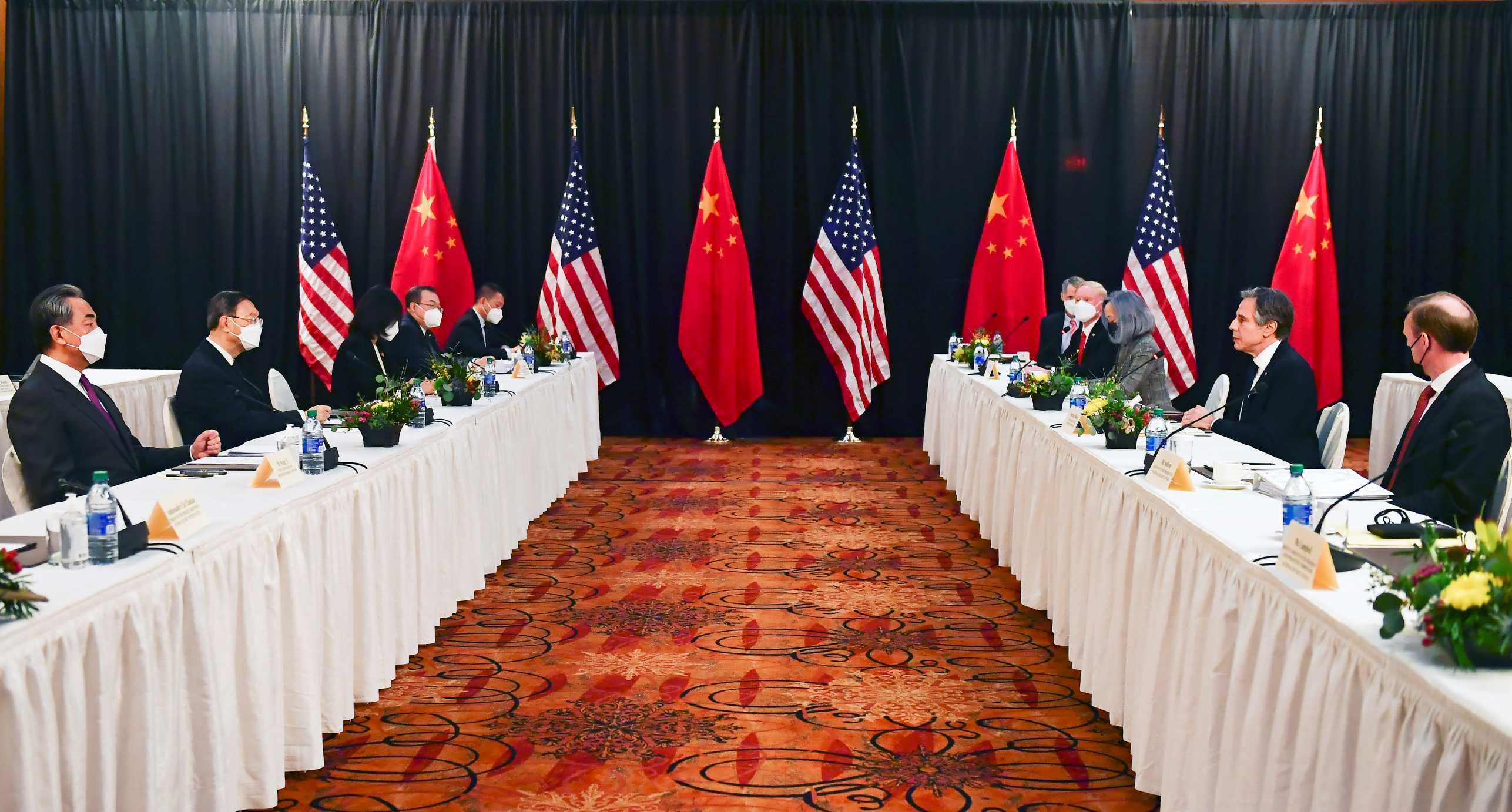The “Rules-Based Order”: Conflicting Understandings
Advocacy for a rules-based order has come to define various foreign policies. What this concept entails remains vague, and significant differences in respective understandings persist. From the perspective of its proponents, part of the term’s utility may lie in its ambiguity. The question is whether the new terminology can contribute to a common understanding of the essential rules, norms, and institutions that should govern international relations, argues Boas Lieberherr in this CSS Analysis.

Policymakers and strategists increasingly refer to the “rules-based order” (RBO). A variety of governments and institutions, including the US, Australia, Japan, India, Canada, France, Germany, Switzerland, the EU, the Association of Southeast Asian Nations (ASEAN), and the Quadrilateral Security Dialogue (Quad), are using the concept. Germany’s 2020 Indo-Pacific Guidelines refer to the RBO 17 times and Australia’s 2016 Defense White Paper 56 times. The latest joint leaders statement of the Quad – a cooperation format between the US, Australia, India, and Japan – reaffirmed their “resolve to uphold the international rules-based order where countries are free from all forms of military, economic and political coercion.”